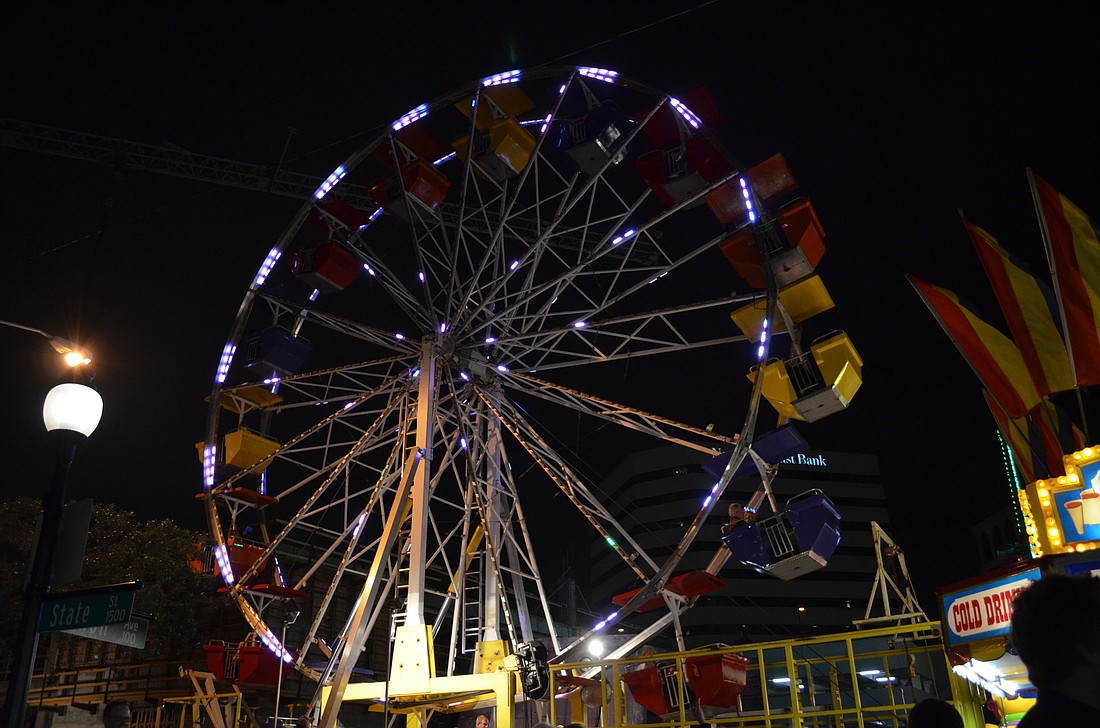- April 24, 2024
-
-
Loading

Loading

There have been several years of ongoing discussions regarding the city’s special event policies — and, more specifically, the proper procedures for closing roads for those events.
Some progress has been made during that time. In 2015, the city finalized new regulations controlling the frequency and timing of events in St. Armands Circle Park, an effort that took more than a year.
However, downtown has lacked that sort of long-term solution. In 2014, the city placed a temporary hold on Main Street closures between Orange and Gulfstream avenues. That moratorium was intended to be in place for one year, designed to address businesses’ concerns about downtown construction and parking.
In 2015, the board decided to continue that moratorium through 2016. On Monday, it extended it again, this time through September 2017.
During that time, there has been feedback and concern from officials, residents and event organizers about how the city manages downtown special events in general. There has been controversy surrounding Thunder by the Bay, an event exempted from the Main Street moratorium and a target for criticism from those who believe the event is too big to take place downtown.
And yet, the one-year-at-a-time restriction on Main Street closures has been the city’s primary action toward adjusting its regulations for special events.
“To me, we’re still missing part of the puzzle.” — Shelli Freeland Eddie
This summer, that’s set to change. City Attorney Robert Fournier said staff is preparing to seek feedback from commissioners on how they’d like to see the current downtown event rules changed.
That’s a conversation Commissioner Shelli Freeland Eddie has been eager to have. In March, she expressed her frustration with what she considers the limited scope of current regulations. By focusing only on the street closures, she thinks the city is missing out on a broad list of factors that shape how special events impact residents.
“We’re looking at not only the issue of street closures, but additional impacts to business owners or the number of events that are scheduled in close proximity to one another,” Eddie said. “To me, we’re still missing part of the puzzle.”
Eddie has suggested a process that allows for staff — and possibly a committee — to evaluate each event on a case-by-case basis. As this discussion proceeds, Fournier wants to focus on establishing objective criteria on which staff can base its decisions.
“There’s no law that requires the city to close the streets,” Fournier said. “But once you decide you’re going to close streets, I think the standards applied should be uniform, and everybody should get the same treatment.”
Through September 2017, then, the Main Street moratorium remains the city’s primary control on downtown special events. Once that expires, officials hope there won’t be a need for any more temporary solutions.